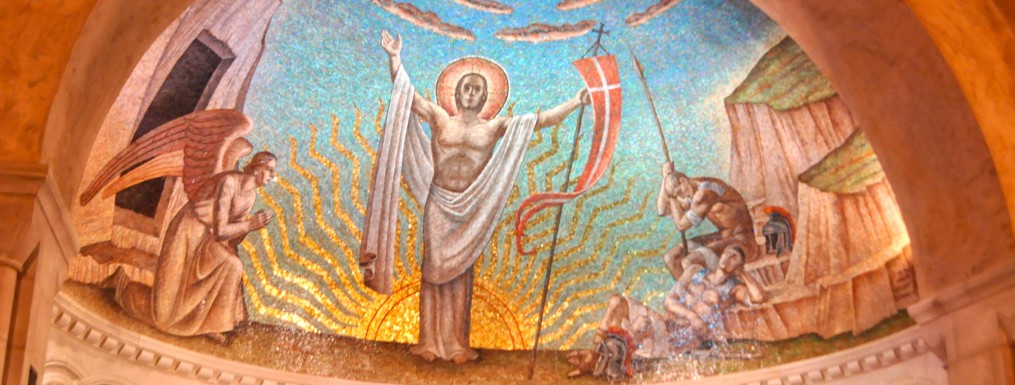I was sitting in my car yesterday with one of the girls from my Sunday school class. We had gone to lunch and were now waiting for her mom to get home because she had forgotten her key and couldn’t get in the house. As we were waiting, she started telling me about her neighbors. She pointed at one house and said they didn’t take very good care of their house and the shutters kept falling off. I looked at the house and, sure enough, two shutters were missing on the second floor. I wondered aloud why we even bother putting shutters on houses since we don’t actually shutter our windows anymore.
Hannah replied, “Because we all think they’re supposed to be there and it just looks wrong without them. We all know they don’t really do anything, but they used to, so we keep them. Houses without shutters just look funny.”
So we put shutters on our houses to keep up appearances. While they originally were designed to protect a home from the elements and storms, they now serve no functional purpose. This brief exchange got me thinking about how I keep up appearances in my own life. I am definitely guilty of seasons in my life when I have done the right things only because my life would look funny without them. I didn’t go to church because it was my lifeline of worship and community and spiritual growth. I went because I didn’t know what else you did on Sunday morning. And besides, if I wasn’t there, people would talk, and that would just be awkward. Just like shutters were originally meant to protect a home from the damaging elements of the weather, the disciplines of the Christian life are meant to protect us from the damaging elements of this world. We are to read Scripture because the Word brings life, not so we can check it off our “Good Christian To-Do List.” We are to go to church to participate in corporate worship and to build up and be built up by our brothers and sisters in Christ, not so that we can be seen and keep up the appearance that everything in our lives are A-Ok.
I began wondering, what disciplines have become shutters in my life? When do I go through the motions to keep up appearances? Is my Christian walk really useful and protective, or is it just decoration that will prove worthless when the times of testing arrive?
Picture two houses with shutters: one with genuine, useful shutters that will close to protect the windows in a storm, and the other with decorative shutters nailed to the house. On a cloudless, sunny day, they are identical. But put those houses through a violent storm, and they will look quite different.
Jesus gave a similar illustration in Matthew 7 about foundations. He said that those who keep up appearances, those who hear His words but don’t obey them, are like the man who builds his house on the sand. His home may look just like a house built on a rock, but when the storm comes, the house built on sand collapses.
So how would you describe your walk with Christ? Is it genuine and functional, fulfilling its purpose to make you both winsome in your walk and safe in the storm? Or is it merely window dressing you use to keep up appearances but will tragically serve no purpose when the winds of life blow around you?
